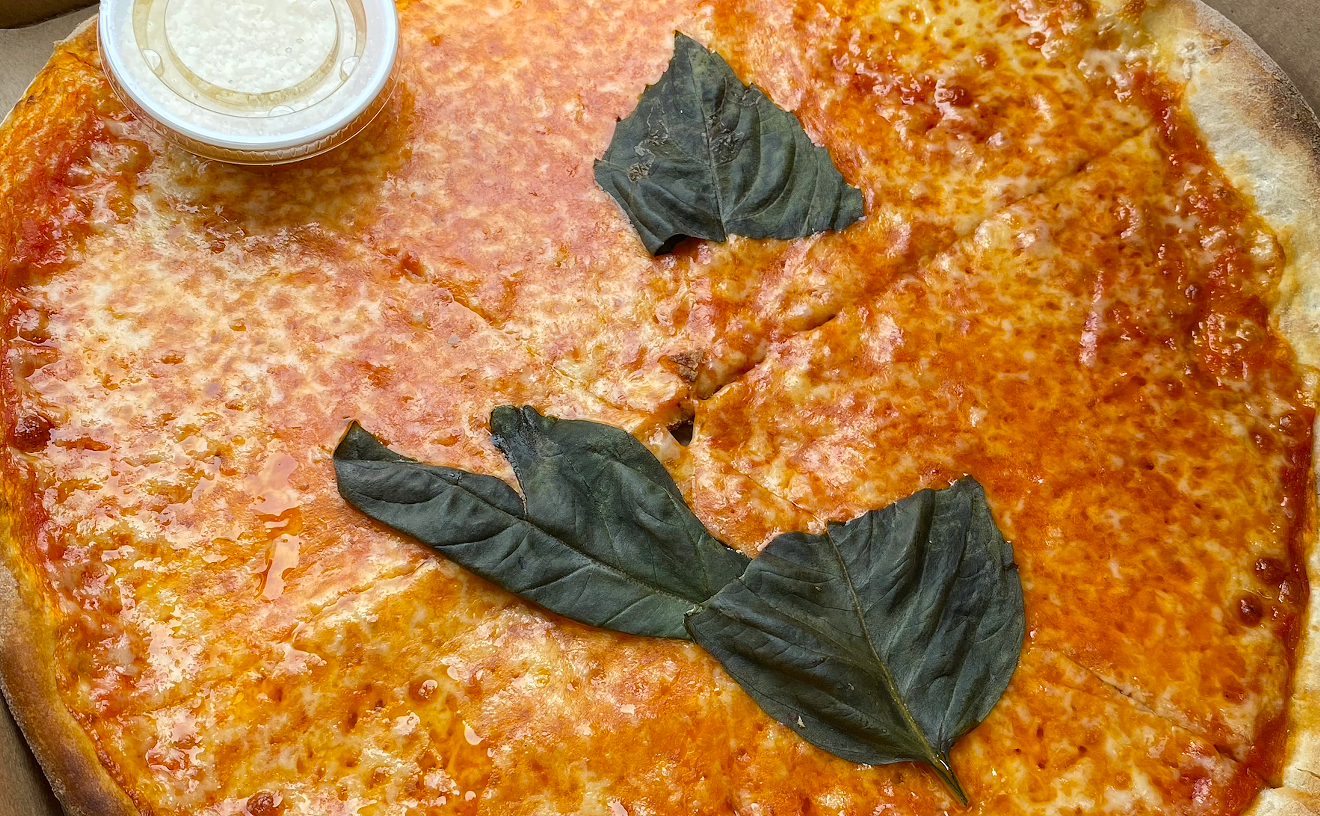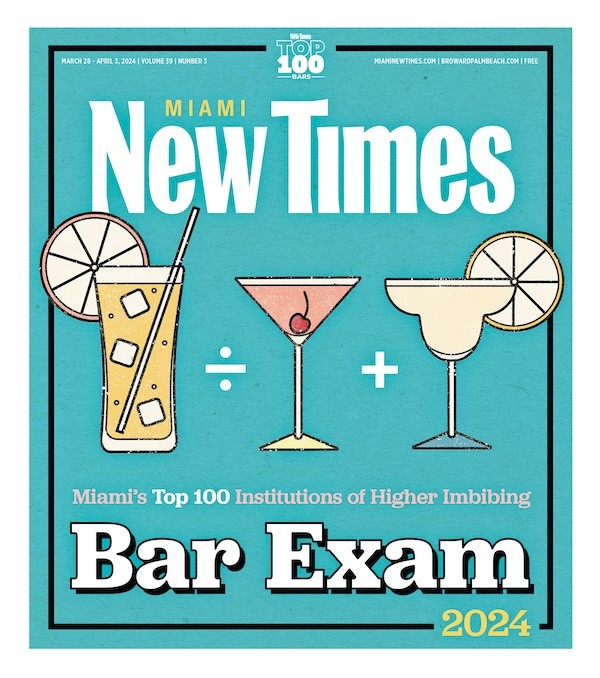I was only 7 when the Smiths split, was still in diapers (or nappies, as we call them in England) when the Two-Tone Ska revival was in full flow, and was but a twinkle in my father's eye when punk first came around. By the early 1990s, the British charts were dominated by disposable Eurodance (2 Unlimited, anyone?), the angst-ridden drone of patently American grunge, and Phil Collins. Scenes that had threatened the mainstream from the margins, Madchester and Shoegaze, were fizzling out fast.
Madchester leaders the Stone Roses seemed liked false messiahs, stubbornly refusing to come back to their disciples as the follow-up to their 1989 seminal eponymous debut took a biblical age to arrive (when it did, in 1994, it could only be a letdown). As a distinctly awkward teen in the early '90s, there was a sense that popular music didn't really care much about what I was doing, and try as I might, I didn't understand what they were doing. Then came Britpop.
Roughly between 1994 and 1997, a slew of British guitar bands emerged that appeared to counter the trends that had immediately preceded them. And, moreover, they were having Top 10 hits. They sang about life in Britain, whether that be grim portrayals of post-Thatcherite decay or going out with your mates and wanting to take on the world (being "mad 'fer it!" as Oasis would later proclaim).
Sure, most of it was derivative from past greats. It was more of a marketing construct than those of us who were teens at the time understood, and most of these bands were, in retrospect, crap. However, for those few years, it did feel like you were part of something. No longer would my terrible dancing be an anomaly at discos, would I be trying to decipher lyrics from someone who has never heard of Lancashire, England, or be convincing myself that getting excited over a new album release was something people didn't do anymore.
This month marks a 20th anniversary of some key moments in Britpop: the release of Blur's Parklife album and its archrival Oasis' first single, "Supersonic."
To celebrate the anniversary of these events, here's a list of 20 Britpop bands you might want to check out. Most of these bands wouldn't "crack" America, and for the most part, Britpop would remain a purely British phenomenon (please note, though initially they were sometimes referred to as a Britpop band, Radiohead's penchant for pioneering means it is not included here).
20. Longpigs
They had a lead singer called Crispin, and their name is apparently derived from 19th-century South Pacific cannibals' term for human meat. Don't let that put you off. Their debut, The Sun Is Often Out, is a mid-'90s Britpop gem, and Crispin could howl a chorus with the best of them. Longpigs could sound both delicate and ballsy in one scream.
19. Dubstar
Britpop was often accused of merely ripping off the 1960s. However, the nearly forgotten Dubstar ignored its contemporaries' tendency for unremarkable guitar pop belted out in an exaggerated regional accent. Its indie dream pop has aged remarkably well, and rumors abound that a new album is in the works.
18. Kula Shaker
No band lathered itself in '60s psychedelic quite as brazenly as Kula Shaker. What earned it almost a million in sales of its debut, K, would earn it perhaps more derision after Britpop faded than any other band associated with it (fickle music weekly NME gave the band's K 9/10 in '96, then 1/10 for the Best Of six years later). However, beneath the aping of '60s hippiedom lies the odd stellar track.
17. The Bluetones
When the Stone Roses finally did return, it just wasn't the same. The jangly pop of the Bluetones momentarily harked back to the Roses' glory days, but like the Madchester greats, it all proved too brief.
16. Sleeper
In frontwoman Louise Wener, Sleeper had a lyricist who could find the romantic and the tragic in the everyday as well as some of her more celebrated Britpop counterparts. "Inbetweener" remains the archetypal Britpop classic single.
15. Mansun
Mansun's debut, Attack of the Grey Lantern, shot straight to the top of the British album charts. Surprising, as its sound is an uncompromisingly fractured mix of the cinematic, raucously loud, and darkly subversive. The follow-up, Six, went further, and the record-buying public quickly lost patience.
14. McCalmont and Butler
The soaring vocal of Dave McCalmont and the grinding guitars of former Suede man Bernard Butler made them Britpop's oddest couple. However, few singles matched the euphoric bombast of hit "Yes!"
13. Gene
The Morrissey comparisons aside, Gene's warblings were a welcome relief from the faux machismo of Oasis et al.
12. The Boo Radleys
Their best stuff can be heard earlier on 1993's eclectic Giant Steps; however, with single "Wake Up Boo!" the Boo Radleys released one of the singles of the summer of 1995 in the U.K.: bright, poppy, and drenched in sun-kissed optimism that only a day without rain can fleetingly bring during an overcast August.
11. The Charlatans
Written off as Madchester also-rans, the Charlatans were one of the true survivors of the era. Their 1994 self-titled fourth album is an irresistible mix of mix of Exile on Main Street-era Stones and Mancunian swagger that saw swaths of record buyers warmly embrace them from the cold. Keyboard player Rob Collins would be tragically killed in a car accident a year later, but the Charlatans trudged on, recording some good albums along the way.
10. Black Grape
When the Happy Mondays imploded in 1992, it seemed lovers of singer/lyricist Shaun Ryder might hear of him only in increasingly embarrassing, drug-addled public appearances or, even worse, an early grave. His new band Black Grape and their brilliantly shambolic debut, It's Great When You're Straight... Yeah proved everyone wrong and is perhaps the most startling comeback of the Britpop story.
9. The Verve
For a while, near the end of the era, they had their middle fingers raised more convincingly than any of their peers at someone or other, and even rivaled Oasis as sullen lords of Britpop. However, it is in their first two albums where the Verve shone brightest. Lead singer "Mad" Richard Ashcroft had an ego to rival the brothers Gallagher and a songwriting ability that shat on them. Unfortunately, the former consumed the latter, and they were essentially done by the decade's end.
8. Paul Weller
Not sure if the notoriously grumpy former Jam and Style Council man would be pleased to be included in a list of Britpop artists. But Weller's commercial and critical renaissance coincided with Britpop, and frequent citing of him by icons of the era as being a major influence littered the music press at the time. Some of them, we can thank him for.
7. Super Furry Animals
Their evolution and experimentation since makes it difficult to classify Wales' SFA as a "Britpop" band. However, their English language debut, Fuzzy Logic (they released an earlier album in Welsh), and sophomore Radiator contain just as many wry comments on Britain mid-decade as Blur and the rest, even if they do appear to be screamed from the psych ward. The track above probably holds the record for the f-word being sung in a single song. Turn it up.
6. Oasis
If we were judging Britpop's most celebrated act purely on its first album, then Oasis might have featured higher in this list. The gritty pomp and swagger of Definitely Maybe still stands as a gloriously obnoxious synthesis of great British music, even if it did occasionally verge on plagiarism. The fact that the band reveled in this, like that kid at school who copied your homework but got a better grade than you, just added to a cockiness that initially made the band appealing.
However, everything after either hasn't dated well or wasn't that good in the first place. The globe conquering What's the Story (Morning Glory) is a lesser version of its predecessor and contains "Wonderwall," a song that saw the brothers Gallagher briefly take America but also laid a template that sucked the life out of Britpop. Now every other band parroted the knuckle-dragging anthem/ballad routine, Liam's once-threatening growl reduced to an empty-headed drone.
5. Elastica
Also guilty of liberally borrowing from past greats, Elastica's self-titled debut is a gripping mix of Wire-eque angular postpunk with an enticing Britpop sheen. Frontwoman Justine Frischmann's supercilious snarl and brittle drollness helped carry the band above the fray and led to the record selling by the bucketloads. The clichéd stories of drugs, disillusionment, and in-fighting meant that would essentially be it, but for a while Elastica were the most exciting band in Britain.
4. Supergrass
Barely out of short pants when its debut, I Should Co-Co, arrived in the spring of 1995, Supergrass embodied all the best elements of Britpop. It could effortlessly switch between cheeky chappy knees up, powerful punk thrashings, and Pink Floyd prog rock all on one side of a record. As a group, there was no Britpop band that was tighter musically. Almost everything it's done has made it out the other side of Britpop and stands up wonderfully well.
3. Suede
The original reluctant flag bearers of Britpop, Suede were light-years ahead of everyone else at the beginning of 1994. Brett Anderson's dark romanticism, like a bedsit Byron, spat eloquently about London's grimier corners. Combined with Bernard Butler's guitar slashings on the first two albums, Suede seemed primed to take on all comers. It didn't work out like that, with Butler departing midway through the second album, Dog Man Star, but Suede continued churning out a few poppier records, still on the fringes of the scene it created.
2. Blur
Before it became clear that Oasis' populist leanings had made it the people's favorites, Blur was the biggest band Britain had seen in more than a decade. However, it didn't start like that. It was dismissed as a band of run-of-the-mill pretty boys with the 1991 debut, Leisure. By 1993, a growing frustration with Britain's obsession with American-flavored grunge forced the band to refashion itself as champions of a distinctly English sound, harking back to the kitchen-sink musings of Ray Davies and Paul Weller with a majestic, often brilliant '90s twist. 1993's Modern Life Is Rubbish and 1994's Parklife set the agenda (hearing the title track from Parklife for the first time was one of those "Who the hell is this?" moments). Future albums (bar the dreadful The Great Escape) show the band drinking from a pool much deeper than Britpop.
1. Pulp
A summary of the band cannot help but be filled with a hyperbole. Pulp is marvelous. No one sounded like it. Singer/songwriter Jarvis Cocker is perhaps the best lyricist of his generation. "Common People" is one of the greatest songs you will ever hear in your life. I could go on. However, especially in the peak Britpop years, Pulp, and especially Jarvis Cocker, has an ability to wind narratives about heartbreak, frustration, that innate sense of the pathetic that some of us carry around our whole teenaged years and beyond and make it beautiful. The band had the ability to make the incredibly down to earth sound so heavenly. Now that's good pop music.
New Party Rules for Millennials
10 Best Hipster Bars in Broward and Palm Beach Counties
Top 20 Sexiest R&B Songs from the '90s to Today
Ten Best Florida Metal Bands of All Time
Follow @CountyGrind










